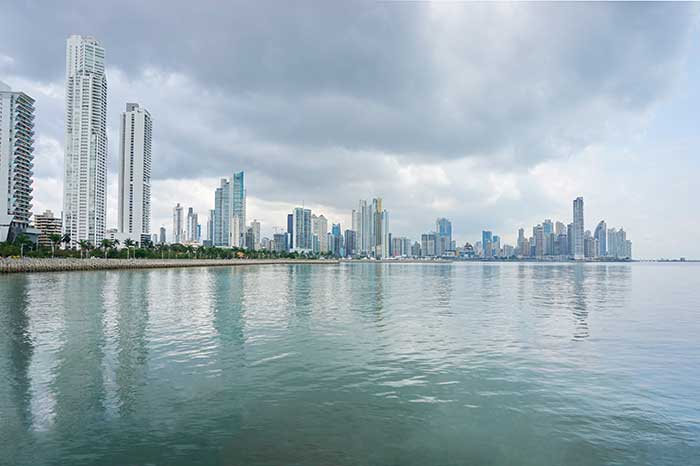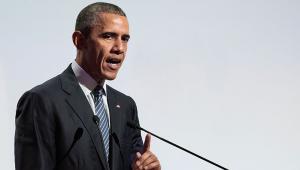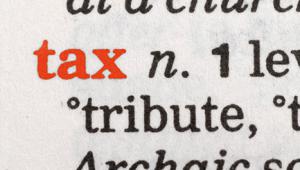web-panamacity_shutterstock_343698863.jpg

Panama City, Panama
The anti-corruption NGO has demanded leaders take immediate action after the release of a trove of 11.5 million documents from Panama-based law firm Mossack Fonseca, the world’s fourth biggest provider of offshore financial services.
The leak, which is the biggest in history in terms of the amount of information uncovered, revealed how 140 politicians and other public officials, including Russian president Vladimir Putin, use offshore holdings to hide secret assets.
“The Panama Papers investigation unmasks the dark side of the global financial system where banks, lawyers and financial professionals enable secret companies to hide illicit corrupt money,” said Jose Ugaz, chair of Transparency International.
“This must stop. World leaders must come together and ban the secret companies that fuel grand corruption and allow the corrupt to benefit from ill-gotten wealth.”
One of the measures Transparency International is calling for is a renewed push for countries to agree that public beneficial ownership registers should be a global standard, enforceable by sanctions.
This should include the numerous countries, such as Panama or the British Virgin Islands, both of which are implicated in the information unveiled about the wealth of Putin and his circle of associates, where the creation of secret companies is big business.
Ugaz said the lack of such public registers, which would make it harder for the corrupt to hide illicit wealth in secret companies and trusts that use nominees to register ownership, leaving the true owner anonymous, is what keeps grand corruption schemes alive and well.
As well as revealing over $2bn in offshore funds linked to Putin, the Panama Papers link several world leaders to secretive companies in offshore tax havens.
The files also unveil offshore companies linked to China’s premier Xi Jinping, who is spearheading an anti-corruption drive, and Icelandic prime minister Sigmundur David Gunnlaugsson, now facing a snap election.
Ukrainian president Petro Poroshenko, elected on an anti-corruption mandate and supposed reformer in a country rocked by corruption scandals, is also implicated, along with the prime minister of Pakistan and the late father of British prime minister David Cameron. The UK prime minister has been a leading voice in calls for tax-haven reform.
Other countries whose leaders or former leaders are caught up in the scandal include New Zealand, Argentina, Georgia, Iraq, Jordan, Qatar, Saudi Arabia, Sudan and Abu Dhabi.
Relatives and associates of the powerful are also heavily involved, including cousins of Syria’s president Bashar Assad and relatives of current or former Egyptian, Ghanian, Malaysian and Guinean leaders.
Alongside them are business leaders and criminals, whose financial secrets are also laid bare in the files.
International banks are also coming under scrutiny, as the files demonstrate they are major players in the creation of secretive paper companies set up with the purpose of keeping finances in the dark.
They list nearly 15,600 paper companies, including thousands set up by international banking giants UBS and HSBC, and the methods used to conceal transactions and funds.
Tax authorities around the globe are reportedly looking into the information revealed in the leak and the individuals implicated. While using offshore companies has been condemned by many governments, in many cases it is legal as long as entities involved comply with due diligence.
Transparency International noted that many countries, including those in the G20, have supported measures to increase beneficial ownership transparency but have done very little to implement them.













